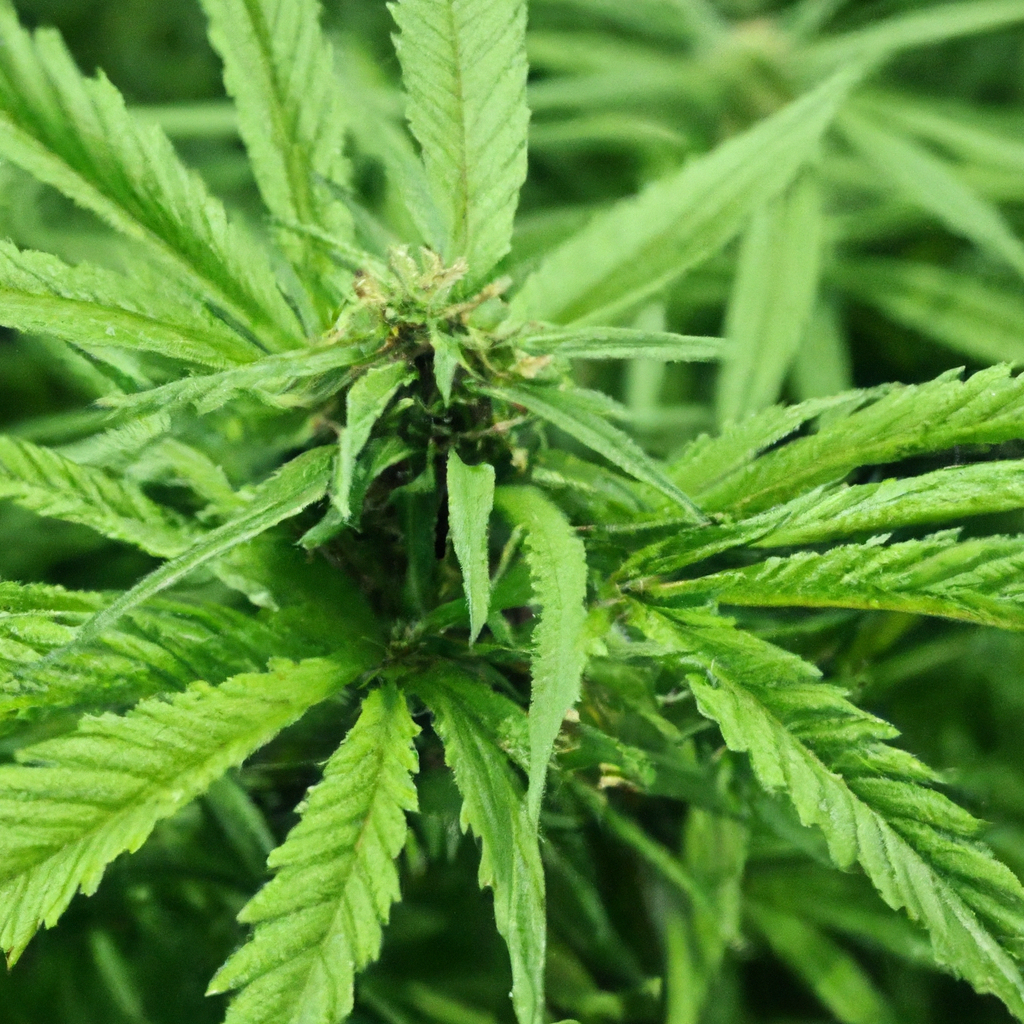Your cart is currently empty!
As the world becomes increasingly conscious of environmental impacts, the cannabis industry is no exception. More growers are turning to organic cultivation methods to produce high-quality cannabis that’s kinder to the planet and healthier for consumers. This article explores best practices for organic cannabis cultivation, focusing on natural fertilizers, compost, and sustainable pest control methods.
Building a Healthy Soil Ecosystem
A thriving soil ecosystem is the cornerstone of successful organic cannabis cultivation. Healthy soil decreases the need for synthetic fertilizers and improves plant resilience. Consider the following tips to create a robust soil ecosystem:
- Start with Quality Compost: Incorporate nutrient-rich compost to enhance soil structure and organic matter.
- Introduce Beneficial Microbes: These microorganisms help in nutrient cycling and protection against pathogens.
- Utilize Cover Crops: Plants such as clover or vetch can improve soil fertility and prevent erosion.
Natural Fertilizers and Amendments
Using natural fertilizers helps maintain soil balance and promotes the sustainable growth of cannabis. Here are some organic options:
- Compost Tea: A liquid derivative of compost, rich in nutrients and beneficial bacteria.
- Fish Emulsion: High in nitrogen, this is perfect for promoting leaf growth.
- Seaweed Extract: Provides potassium, helping with stress tolerance and root health.
Organic Pest Control Methods
Pests are inevitable, but using synthetic chemicals is not. These organic pest control strategies offer effective alternatives:
- Companion Planting: Planting herbs like basil or dill can repel pests naturally.
- Neem Oil: A natural insect repellent that is safe for cannabis plants and the environment.
- Beneficial Insects: Introduce predatory insects such as ladybugs to control pest populations.
Benefits of Organic Cannabis
The shift towards organic cannabis cultivation offers several benefits for both the environment and consumers:
- Environmental Impact: Organic methods reduce chemical runoff and promote biodiversity.
- Consumer Safety: Without synthetic pesticides, consumers experience a cleaner product.
- Enhanced Quality: Organic cannabis often has richer terpene profiles and flavor complexity.


Leave a Reply